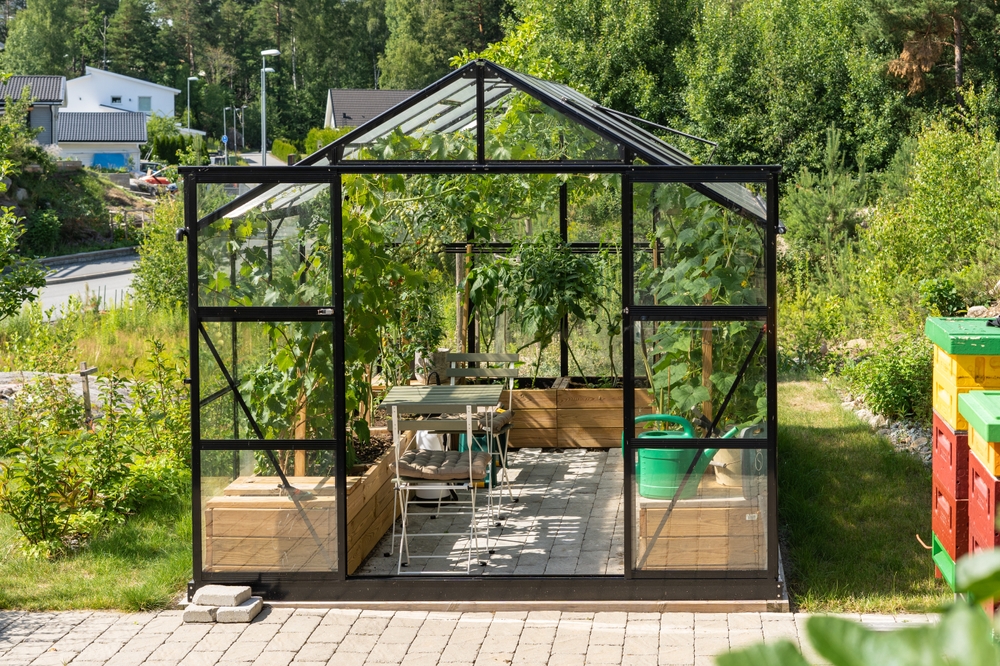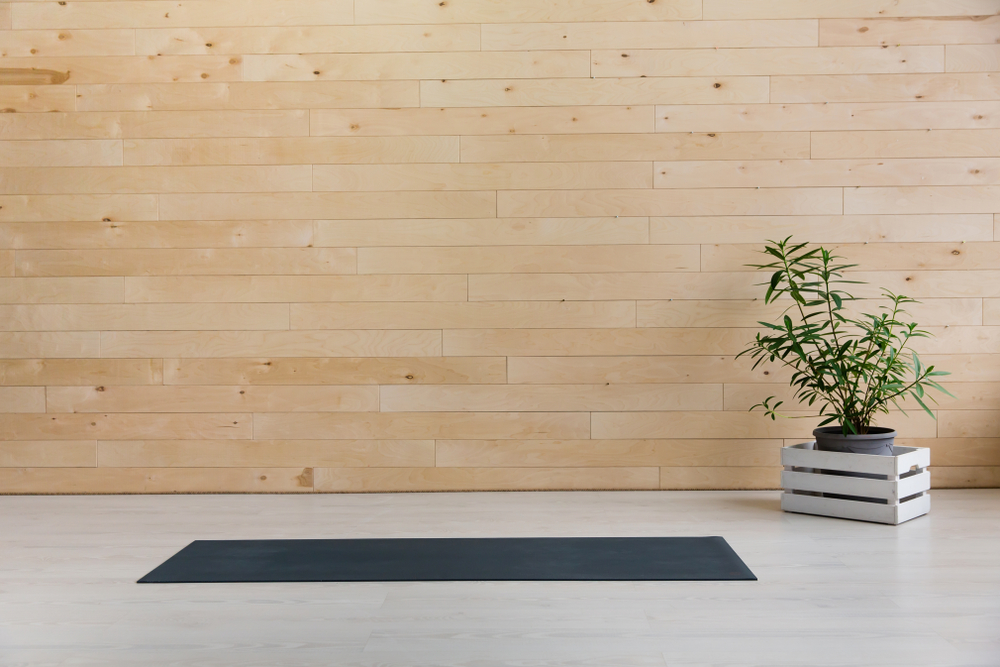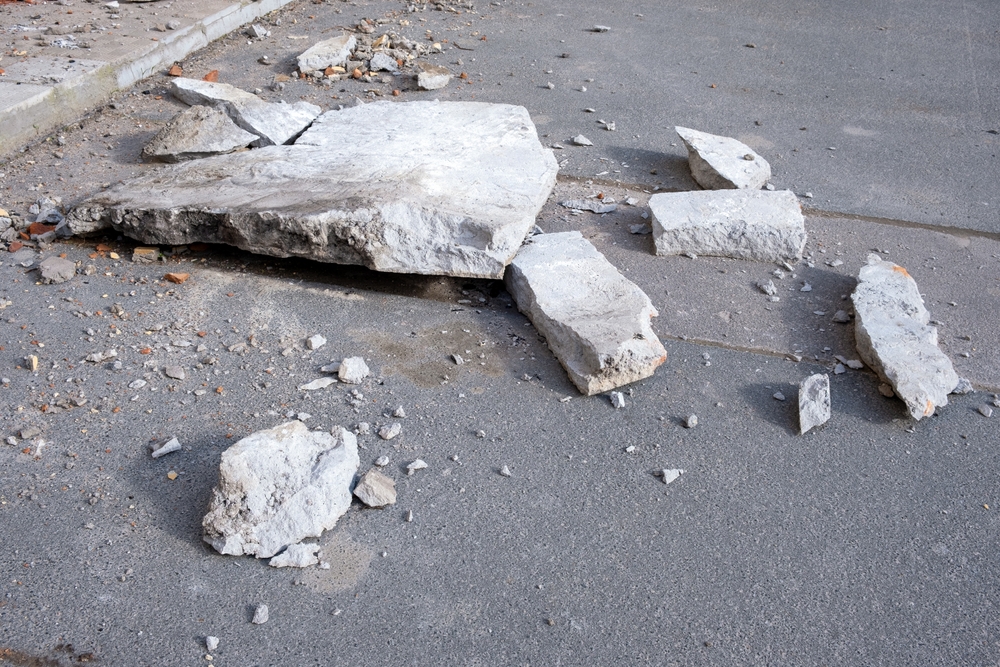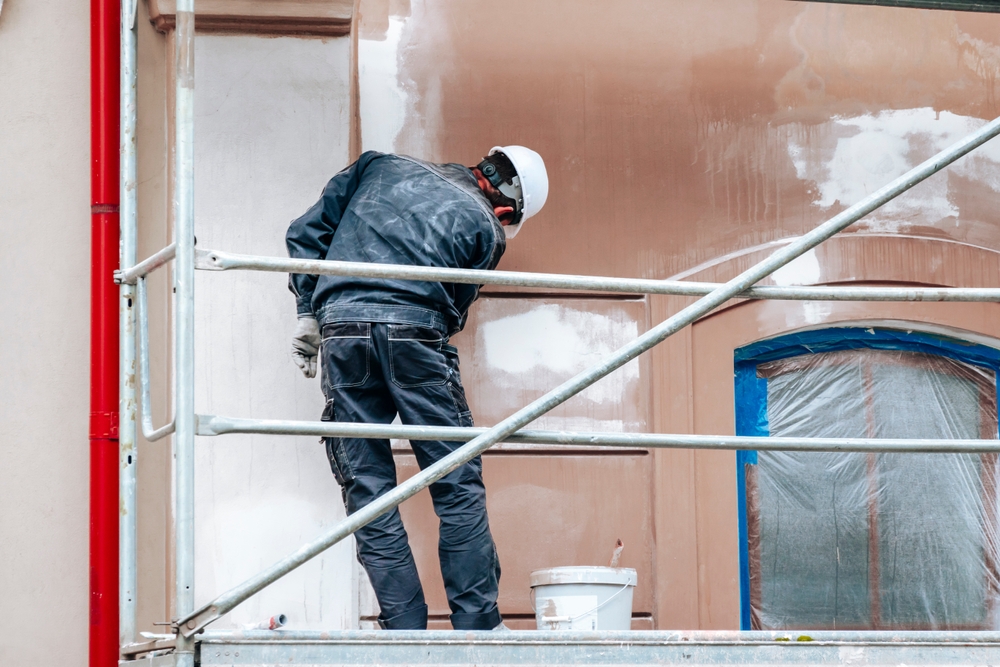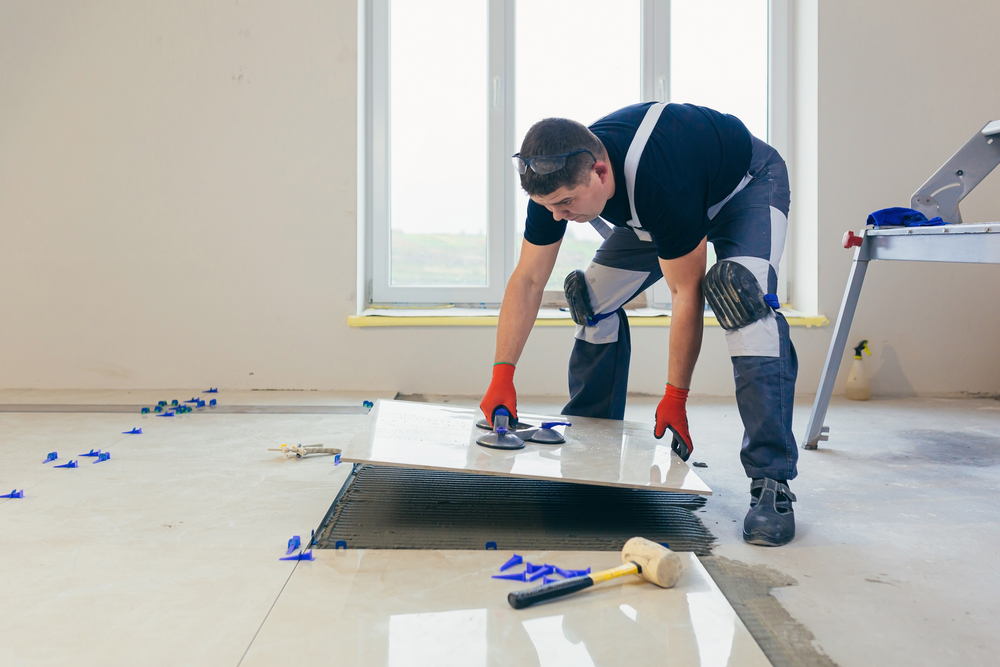February 20, 2024 - Benjamin Ehinger
Meditation Room Ideas: Creating Your Perfect Zen Space
CALL NOW 844-762-8449
Creating a meditation room in your home provides a private and tranquil space where you can retreat to relax and refresh your mind. The comfort and design of this space are crucial, as they influence your ability to focus and engage in deep, meditative practice. Whether you have a dedicated room or a cozy corner, various elements can transform any area into a serene haven that fosters mindfulness and inner peace.
To design an effective meditation room, consider incorporating elements of nature to bring a sense of calm and grounding. Tailoring the space to reflect your personal style can also enhance the experience, making it a truly intimate sanctuary. The use of soothing scents and soundscapes can further help in creating an atmosphere conducive to relaxation and reflection. Considering the textiles and lighting can also play a pivotal role in crafting an environment that supports your meditation practice, enabling you to immerse yourself fully in your journey towards tranquility and well-being.
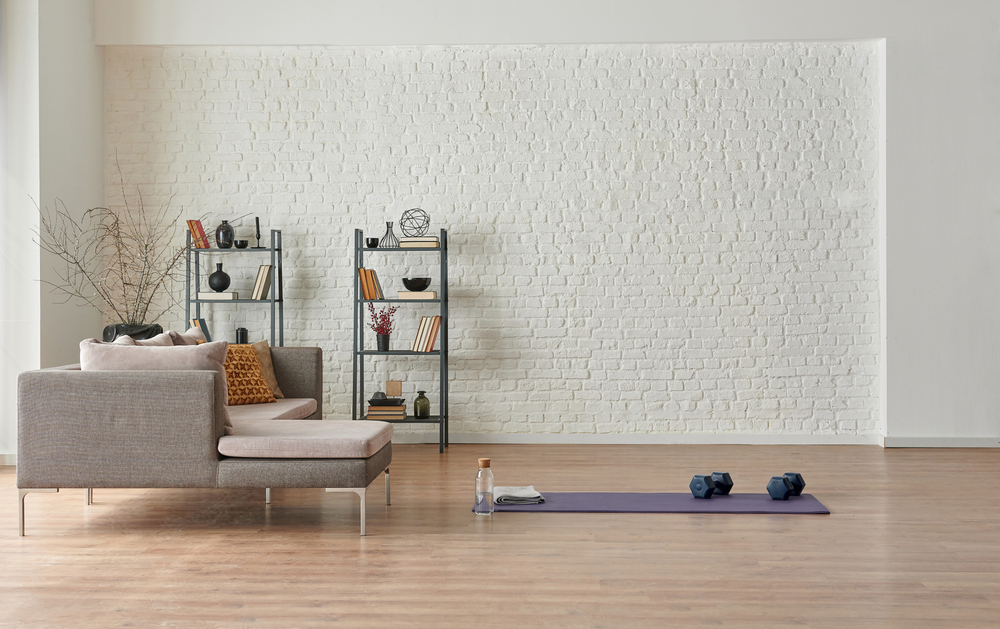 Creating a meditation room that resonates with your inner self can significantly enhance your practice. It’s about surrounding yourself with items that inspire serenity and reflection.
Creating a meditation room that resonates with your inner self can significantly enhance your practice. It’s about surrounding yourself with items that inspire serenity and reflection.
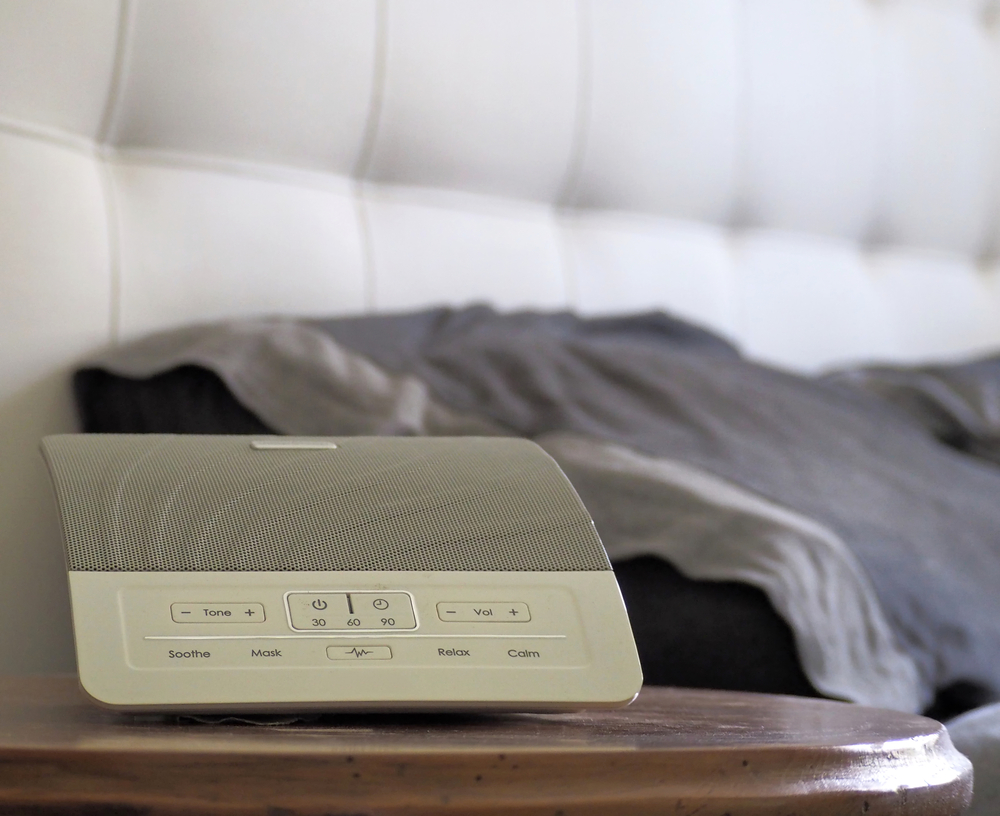 Creating an immersive soundscape and managing acoustics are essential for a meditation room. You’ll want to incorporate elements that mask distracting noises and enhance your meditation practice.
Creating an immersive soundscape and managing acoustics are essential for a meditation room. You’ll want to incorporate elements that mask distracting noises and enhance your meditation practice.
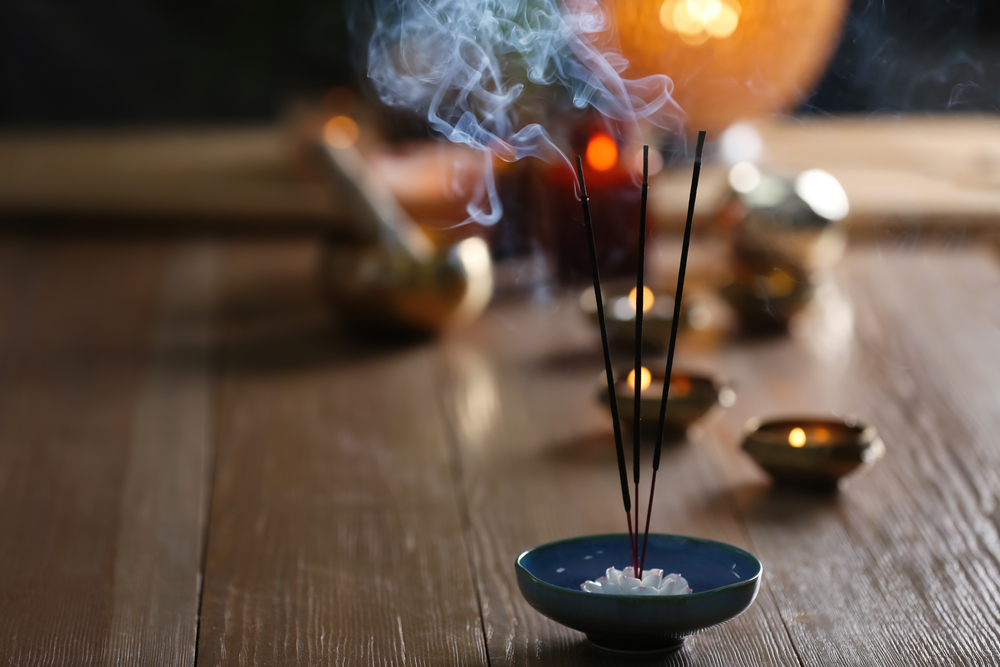 When setting up your meditation space, the right lighting is crucial to enhance your experience. Your choice of light should cater to the mood you wish to create and the functional needs of the space.
When setting up your meditation space, the right lighting is crucial to enhance your experience. Your choice of light should cater to the mood you wish to create and the functional needs of the space.
Key Takeaways
- A meditation room should be a personalized sanctuary that promotes relaxation and mindfulness.
- Incorporating natural elements and soothing scents can enhance the meditation experience.
- Thoughtful choices in textiles, lighting, and acoustics contribute to a supportive meditative environment.
Essential Elements of a Meditation Room
When you create a meditation room, every element should contribute to an atmosphere of calm and focus. The essentials we discuss provide the foundation for your space of serenity.Comfortable Seating
In your meditation room, comfortable seating is paramount – it’s where you’ll spend most of your time. Aim for a cushion, such as a zabuton mat, which supports a stable seated posture. The support is necessary to maintain focus without distraction from discomfort.Calming Colors
The color palette of your meditation room greatly influences its tranquility. Soft colors like blues, greens, and neutrals are typical choices to encourage relaxation. Carefully selected hues can aid in calming your mind and diminishing stress.Natural Light
Incorporating natural light can significantly alter the mood of your space. A room that’s too bright may distract, while gentle, ambient natural light facilitates a peaceful environment. Use curtains or blinds to control the intensity and create a softly lit setting.Incorporating Nature
Creating a meditation space that embodies the essence of nature can significantly enhance your sense of tranquility and connection to the world around you. This involves selecting elements that are evocative of the natural world, from lush foliage to the soothing presence of water, and utilizing materials that evoke the earth’s inherent beauty.Indoor Plants
Adding indoor plants to your meditation room can purify the air and bring a sense of life and growth into your space. Consider placing a potted peace lily in a corner or a collection of succulents on a shelf. These plants not only embellish your room but can also have a calming effect.- Air-purifying plants:
- Spider Plant
- Snake Plant
- Low-light plants:
- ZZ Plant
- Pothos
Water Features
Incorporate a water feature like a small tabletop fountain to introduce the soothing sounds of flowing water, which can aid in relaxation and concentration. The auditory experience of water can mimic the serene effects of being near a natural stream or river.- Types of water features:
- Tabletop fountains
- Wall-mounted water features
Natural Materials
Utilize natural materials such as bamboo, wood, or stone to construct or decorate your meditation space. A bamboo mat or wooden furniture grounds your space with an organic touch. Stone pebbles can be arranged to create a mini Zen garden for meditation and contemplation.- Furnishing ideas:
- Bamboo meditation mat
- Wooden seating or shelves
- Decorative touches:
- Polished stones
- Himalayan salt lamps
Personalization Tips
 Creating a meditation room that resonates with your inner self can significantly enhance your practice. It’s about surrounding yourself with items that inspire serenity and reflection.
Creating a meditation room that resonates with your inner self can significantly enhance your practice. It’s about surrounding yourself with items that inspire serenity and reflection.
Inspirational Symbols
Incorporate symbols that have a deeper meaning to you and support your meditation journey. These could be traditional icons like Buddha statues, mandalas, or items representing the elements — earth, water, fire, air, and space. Place these symbols where you can see them during your meditation to help focus and channel your energy.Personal Artifacts
Your meditation space should also include personal artifacts that have a special connection to your life. This might involve family heirlooms, a favorite book, or photographs that evoke a sense of peace. These personal touches make your meditation space uniquely yours and can serve as motivation or inspiration during your practice.Aromatherapy and Scents
Incorporating aromatherapy into your meditation room can drastically enhance the soothing experience. Specific scents can help to calm your mind, reduce stress, and even improve focus.Essential Oil Diffusers
An essential oil diffuser disperses your chosen scents throughout your meditation space. Essential oils like lavender, chamomile, or sandalwood can be particularly calming, making them ideal for meditation. Here’s how to incorporate a diffuser:- Choose Your Oils: Select oils known for their relaxing properties.
- Set the Mood: Use the diffuser for a few minutes before you begin to allow the fragrance to permeate the room.
Incense and Candles
Incense and candles offer a more traditional method of bringing aroma to your meditation room. While incense sticks can introduce a variety of scents, candles add a visual element:- Select Natural Options: Opt for beeswax candles or naturally scented incense to avoid artificial additives.
- Monitor Candles: Always keep an eye on lit candles to maintain a safe meditation environment.
Soundscapes and Acoustics
 Creating an immersive soundscape and managing acoustics are essential for a meditation room. You’ll want to incorporate elements that mask distracting noises and enhance your meditation practice.
Creating an immersive soundscape and managing acoustics are essential for a meditation room. You’ll want to incorporate elements that mask distracting noises and enhance your meditation practice.
Sound Machines
Sound machines are invaluable in maintaining a consistent auditory environment. They can provide a range of calming sounds, such as rainfall or ocean waves, which help to mask external noise. By choosing a sound machine with adjustable volume and sound options, you’ll be able to find the perfect backdrop for your meditation sessions.- Rain Sounds: Ideal for a soothing backdrop.
- White Noise: Helps to neutralize distracting sounds.
- Nature Tracks: Can transport you to various serene settings.
Acoustic Panels
For optimal acoustic control, installing acoustic panels can make a significant difference in your meditation space. These panels absorb sound, preventing echoes and reducing noise levels. They come in various sizes and can be strategically placed to maximize their effectiveness.- Placement Tips:
- Behind your meditation seat for direct sound absorption.
- On opposing walls to minimize echo.
Textiles and Fabrics
Selecting the right textiles and fabrics can transform your meditation space into a serene and comfortable retreat. They contribute to the room’s acoustic, tactile, and visual harmony.Throw Pillows
Incorporate throw pillows to support your posture during meditation. Opt for natural fillings like buckwheat or kapok for firmness. Textures and colors should evoke tranquility; think sage greens or soft grays.- Fillings: Natural (buckwheat, kapok)
- Textures: Soft, comforting
- Colors: Neutral or calming shades
Area Rugs
A high-quality area rug grounds your space and provides a layer of insulation. Choose materials like wool or jute for durability and comfort. Patterns should be minimal, promoting a clutter-free mindset.- Materials: Wool, jute
- Comfort: Plush, yet firm
- Patterns: Minimalistic
Curtains
Select curtains that soften natural light and enhance privacy. Linen or cotton allows for a gentle glow and airiness, while heavier fabrics can reduce outside noise.- Light Filtering: Linen, cotton (soft glow)
- Privacy: Opaque, tranquil tones
- Noise Reduction: Heavier fabrics (velvet, blackout materials)
Lighting Options
 When setting up your meditation space, the right lighting is crucial to enhance your experience. Your choice of light should cater to the mood you wish to create and the functional needs of the space.
When setting up your meditation space, the right lighting is crucial to enhance your experience. Your choice of light should cater to the mood you wish to create and the functional needs of the space.
Dimmable Lights
Dimmable lights give you the flexibility to adjust brightness to suit your mood or the time of day. You can use sunlight therapy lamps or smart light bulbs with customizable settings to precisely control the level of illumination in your room.Candlelight
For a more natural and serene ambiance, consider incorporating flameless LED candles. They are safe, can be placed anywhere in the room, and provide a soft, flickering light that mimics the calming effect of real candles without any risk of fire.Storage Solutions
In crafting your meditation space, efficient storage is key to maintaining a tranquil environment. Thoughtful storage ensures that everything has a place, which can contribute to a sense of order and peace.Shelving Units
Shelving is fundamental for keeping your meditation accessories neatly organized without consuming too much floor space. Wall-mounted shelves offer a place for books, candles, or small plants without cluttering your meditation zone. For larger items, consider freestanding shelving units that blend in with the room’s aesthetics; materials like bamboo or light woods often complement a meditation room’s serene vibe.Decorative Baskets
Decorative baskets are an aesthetic and functional choice for storing meditation cushions, blankets, and yoga mats. You can select baskets that contribute to the room’s decor while keeping your items conveniently tucked away. Natural materials such as wicker or cotton can add texture to your space and are typically lightweight, making them easy to move as needed.Frequently Asked Questions
In this section, you’ll find answers to common inquiries regarding setting up and enhancing your meditation room, ensuring you can create a tranquil space that allows for relaxation and mindfulness.What are essential features to include when creating a small meditation room?
Your small meditation room should include elements that promote calmness and concentration, such as a comfortable seat, minimal decorations, and calming colors. Adequate lighting and a clean, uncluttered space are also important to facilitate a focused meditation practice.How can one design a meditation room with a limited budget?
Designing a meditation room on a budget is achievable by utilizing items you already own. Choose a tranquil color palette and simple decorations. Use pillows for seating and handcrafted items for a personal touch without incurring extra expenses.What are some DIY techniques to enhance the ambiance of a meditation room?
Enhance your meditation room’s ambiance with DIY techniques by incorporating natural elements like stones or plants, utilizing soothing scented candles, and creating homemade wall art that embodies serenity. Simple, handmade items often add a more personal and calming effect.What should be considered when setting up a meditation space at home?
When setting up a meditation space at home, consider choosing a quiet corner that is away from high-traffic areas. Ensure the space is reserved for meditation, to create a mental association that aids in relaxation and focus every time you enter.Which types of furniture are most suitable for a peaceful meditation room?
Furniture in a peaceful meditation room should be minimal and functional. Consider a low-profile cushion for seating that supports your posture, small shelves for spiritual texts or inspirational figures, and perhaps a meditation bench if preferred for comfort and support.What type of flooring is most appropriate for a Zen meditation room?
For a Zen meditation room, flooring should be comfortable and grounding. Natural materials like bamboo or cork are ideal. Alternatively, a soft carpet or a large, plush rug can provide a soft surface for bare feet and seated meditation postures.Will I need to rent a dumpster when creating a meditation room?
Renting a dumpster is typically unnecessary when creating a meditation room unless you are undertaking significant renovations that produce substantial waste. For most, a mindful approach of repurposing and decluttering should suffice.RECENT BLOGS
Our Reviews
Glenda Lanier Prowell
1721758635
I have ordered an 11 yard dumpster to be delivered to my house.Lonier was extremely helpful and answered all my questions. The rate was very reasonable.
Cedric Smikle
1721660395
Amber was extremely professional and courteous. She answered all of my questions and even some that I didn’t know I needed to ask.
Cait Kaider
1721243051
I highly recommend Waste Removal USA for their responsiveness and how the staff work hard to provide exceptional customer service. They have done well by us and our clients. Thank you!
Easom Family
1721223306
Louiner Pierre-Louis Is awesome! Did a great job. Will definitely be using this same company for all my dumpster needs because of his awesome customer service! Thank you!!!
tabitha Vazquez
1720539988
Wonderful and fast customer service!
LATEST BLOGS
